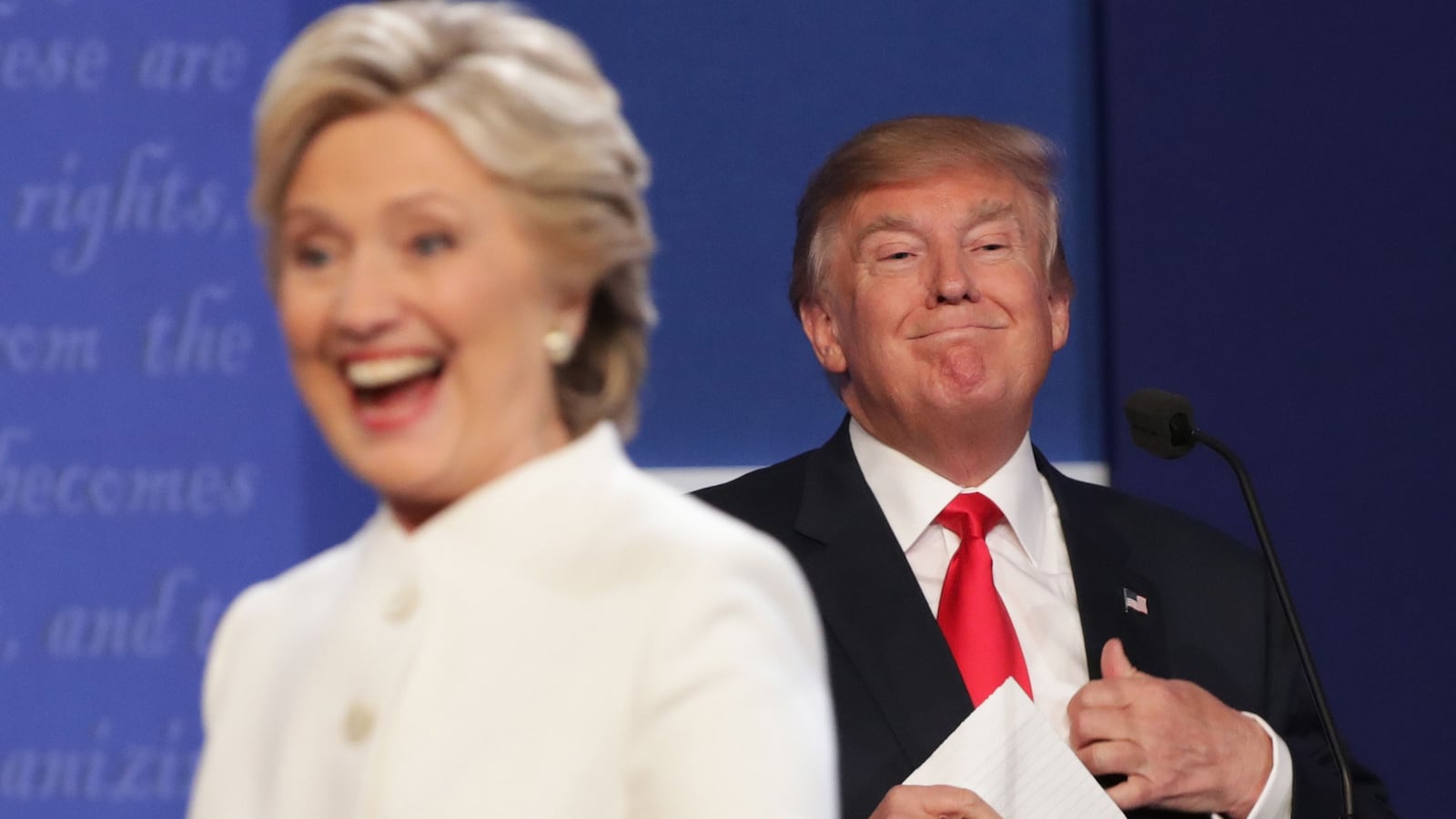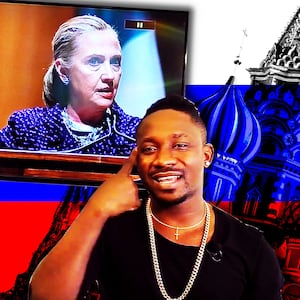An international team of 4chan shitposters created a fake Hillary Clinton website in 2016 designed to make people think they could vote over the internet, sparking a Federal Election Commission investigation into whether the effort was linked to Russian election meddling, according to an FEC General Counsel’s investigation filed in May 2020.
After dragging its feet on the nearly five-year-long investigation, the FEC has finally published its answer: it (probably) wasn’t the Russian government behind the site.
Just days before the 2016 election, an international group of posters on 4chan came together to create a fake Hillary Clinton website which aimed to deceive Black American voters “into believing that they could vote for Clinton via the Website rather than at a polling location.” It also solicited donations for the Clinton campaign, which is prohibited under federal law.
The FEC, which only regained its quorum in December, concluded its investigation before the election but did not publish the report until last week.
The site came about after users on the board crowdsourced an effort to help the Trump campaign. 4chan posters with flags suggesting they were based in Singapore, Australia, Russia, and Poland floated the idea on the forum’s politics board and organized a Discord chatroom to work on the project.
A Singapore-based man, Jing Hao Lim, registered the domain (votehillaryonline.com) which other 4chan posters used to host the fake Clinton website content they developed. Once launched, two fake Twitter accounts linked to Canadian IP addresses pretended to be Black American voters and tried to hype the site on Twitter.
FEC staff, however “were unable to identify the creators of the Website, who appear to be located in a foreign country and used account and user names to conceal their identities.”
The tactics behind the fake Clinton site—impersonating Black Americans, using fake social media profiles, and trying to assist the Trump campaign—sparked concerns that the effort could be linked to Russian meddling in the 2016 election.
FEC investigators combed through reports by the Senate Select Committee on Intelligence and the final report of Special Counsel Robert Mueller for signs that the fake site could be linked to the Internet Research Agency, the Russian troll farm responsible for carrying out much of Russia’s election meddling, but found no connections. The commission also subpoenaed Twitter for information about the accounts which amplified the site, but Twitter told officials that the accounts were not linked to any "state-backed information operations" found on their platform.
FEC investigators ultimately concluded that the operation "may bear similarities to IRA activity, but may not be directly related to the IRA." The agency closed the case at the recommendations of these investigators.









